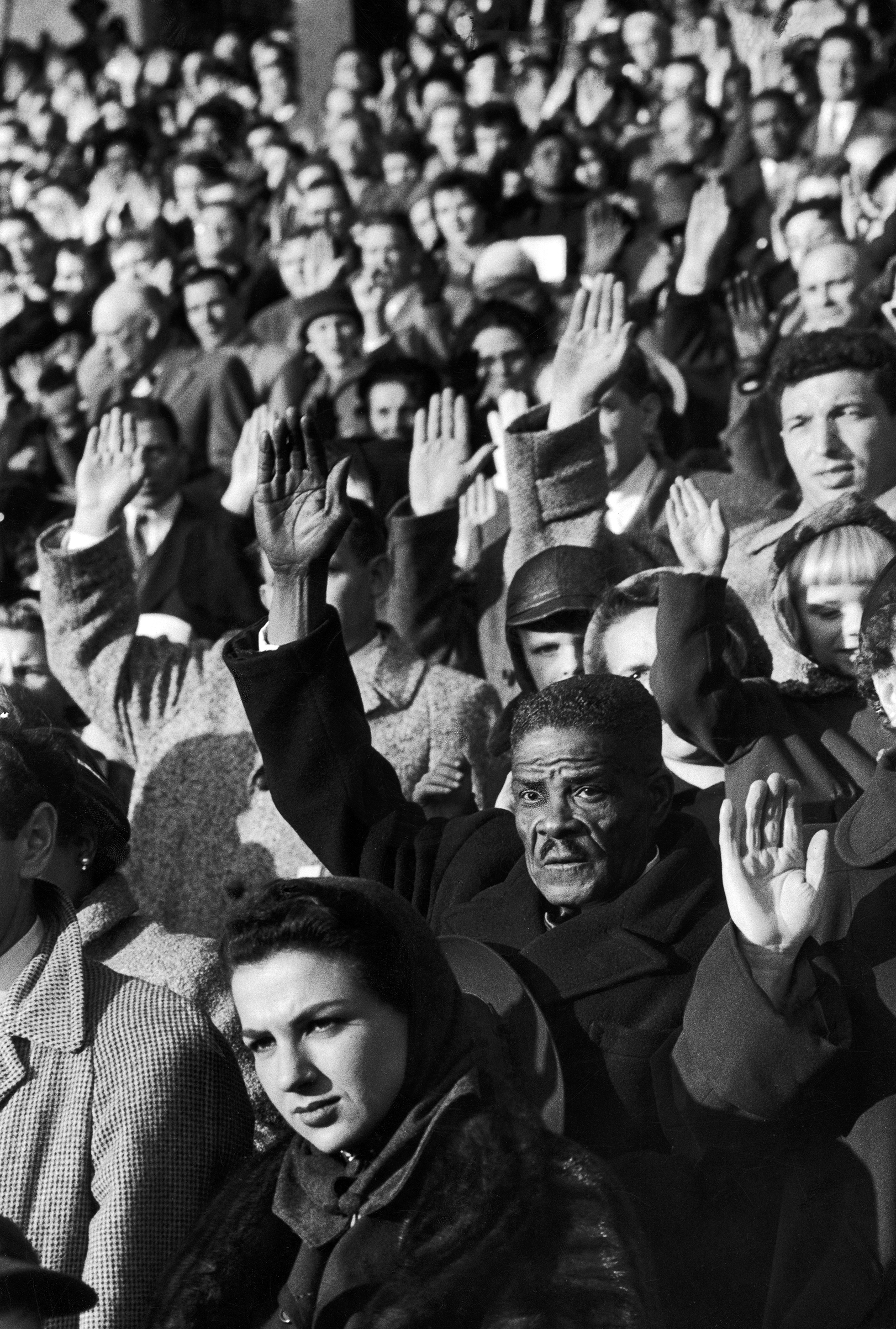
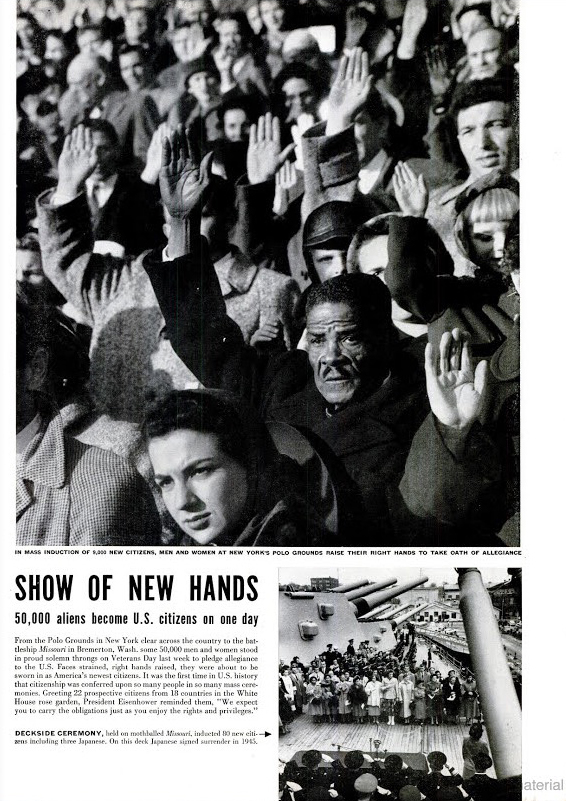
Veterans Day, which falls each year on November 11, is a time for Americans to remember the sacrifices made by those who served in the U.S. military. But first Veterans Day that was dedicated to veterans of all wars also happened to honor a different group of Americans.
On Veterans Day in 1954 — one month after President Dwight D. Eisenhower issued the first Veterans Day proclamation and the new holiday officially replaced Armistice Day — a whopping 50,000 men and women from coast to coast were sworn in as new U.S. citizens in what LIFE magazine called “the first time in U.S. history that citizenship was conferred upon so many people in so many mass ceremonies.”
A photo in the Nov. 22, 1954, issue showed three Japanese people getting sworn in on the battleship U.S.S. Missouri in Bremerton, Wash., on the same deck on which the Japanese signed their surrender on Sept. 2, 1945, ending World War II — but many more photos from that day exist in LIFE’s archives, and they provide a unique look at that historic day.
At a ceremony at Brooklyn’s Ebbets Field — where 1,600 men and women took the oath of citizenship — U.S. Attorney General Herbert Brownell Jr. acknowledged the renewed significance of the ceremony’s overlap on Veterans Day.
“November 11th is a hallowed day for all Americans,” he said, “And it continues as a day dedicated to memory of the past and hope for the future — hope that all men can learn to live together in peace as we have done in this American melting pot of the world.”
He also emphasized that swearing allegiance as a U.S. citizen was more important than ever in 1954, with the Cold War in full swing. In fact, the Cold War had changed the character of the country’s most famous immigration station, Ellis Island, as it was put to use in the ’50s to implement a post-WWII policy “banned anyone who had ever been affiliated with a totalitarian party,” as TIME has previously reported.
But as Brownell said in his speech, only a few hundred had been detained there in recent months — compared to the 1.2 million that Ellis Island processed in 1907 — so its place as a symbol of immigration to the United States was fading. Immigration function in New York would be moved to a different building, off the island, on Nov. 12, 1954, the day after this historic Veterans Day, Ellis Island closed as an immigration center.
“The island buildings, I feel sure, can be put to useful service in other work,” Brownell said.
In the decades that followed, the immigration center would be reoped as a museum — one that, all these years later, sees even more visitors each year than the number who came through Ellis Island annually at the height of immigration.
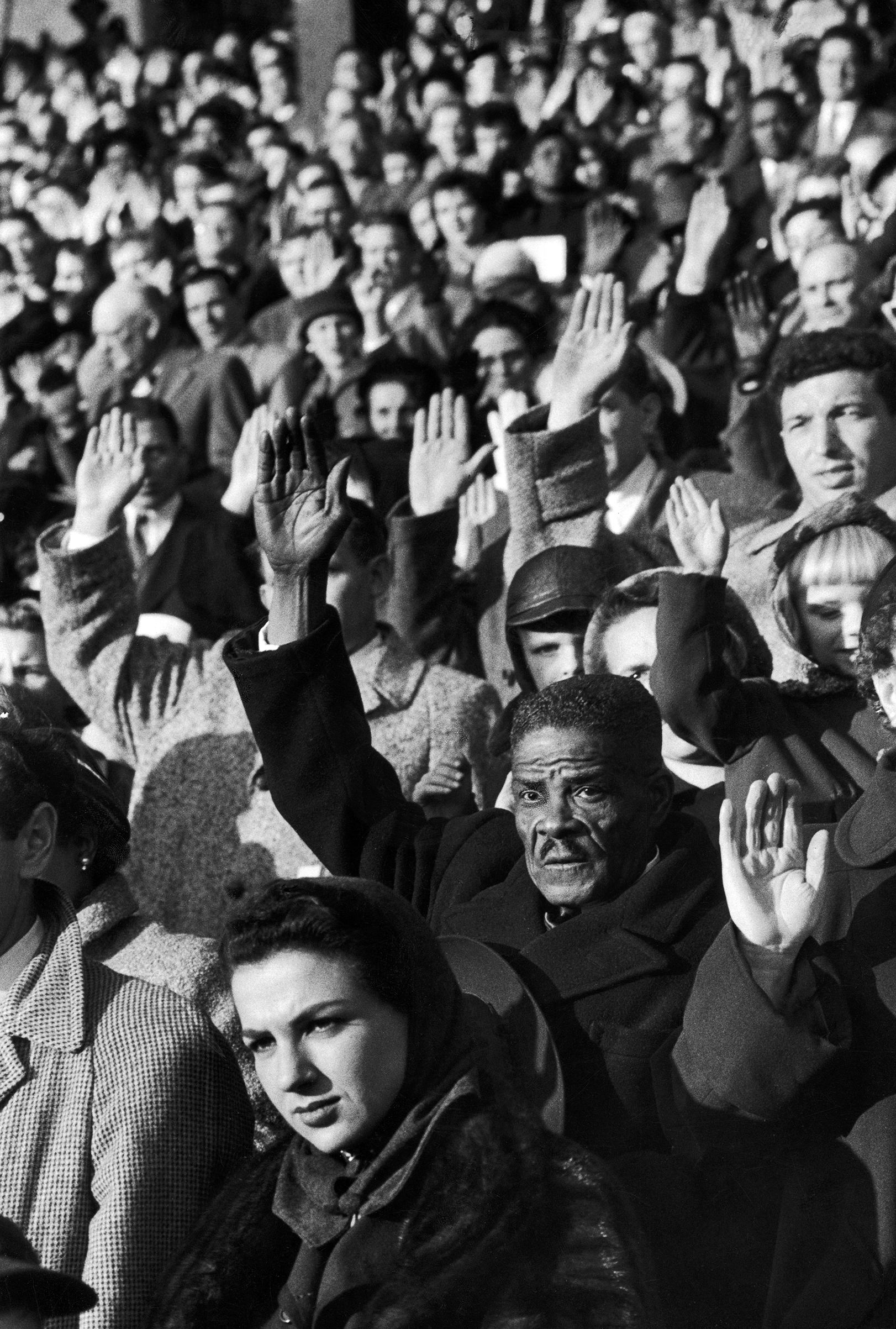
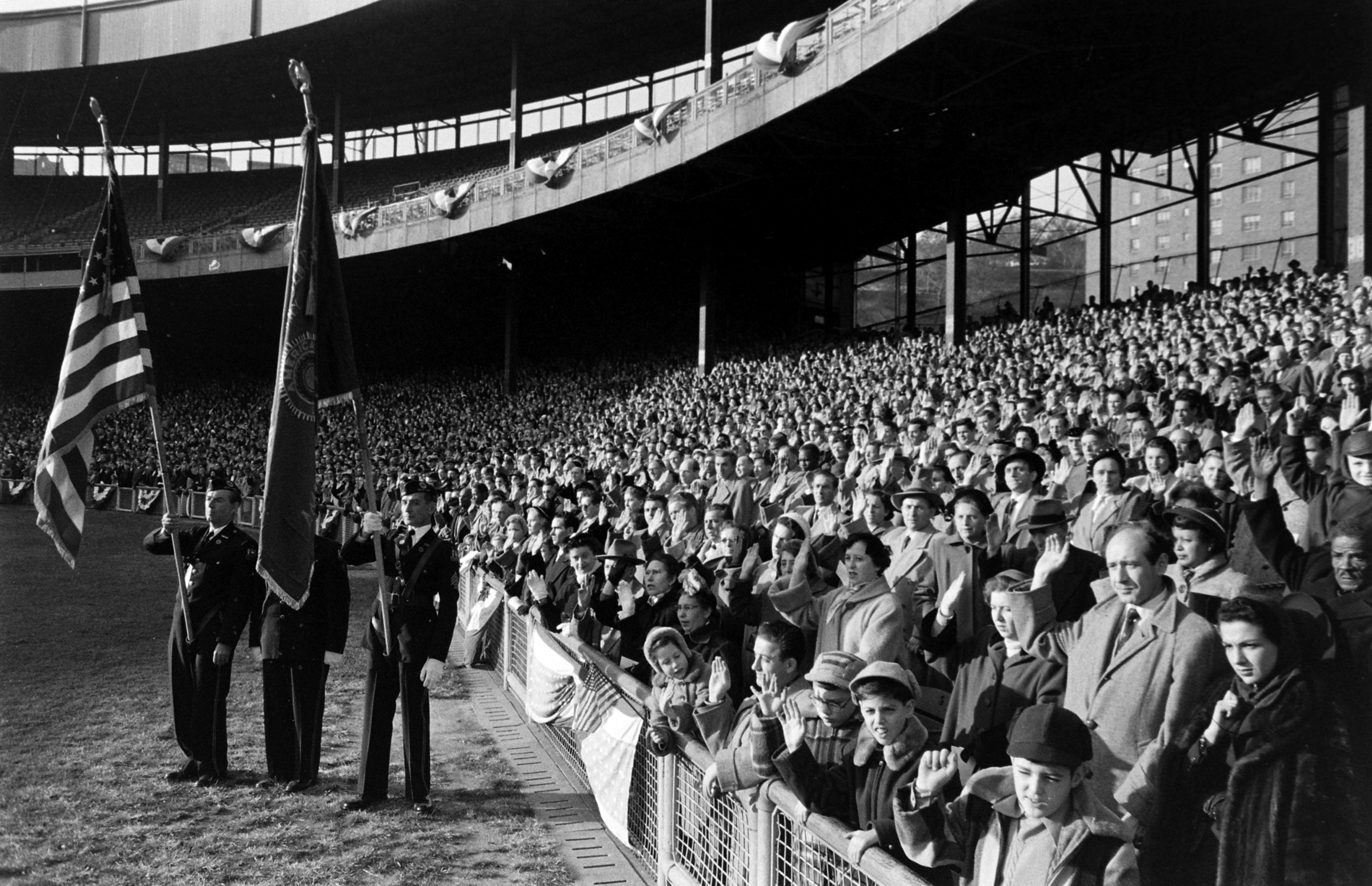
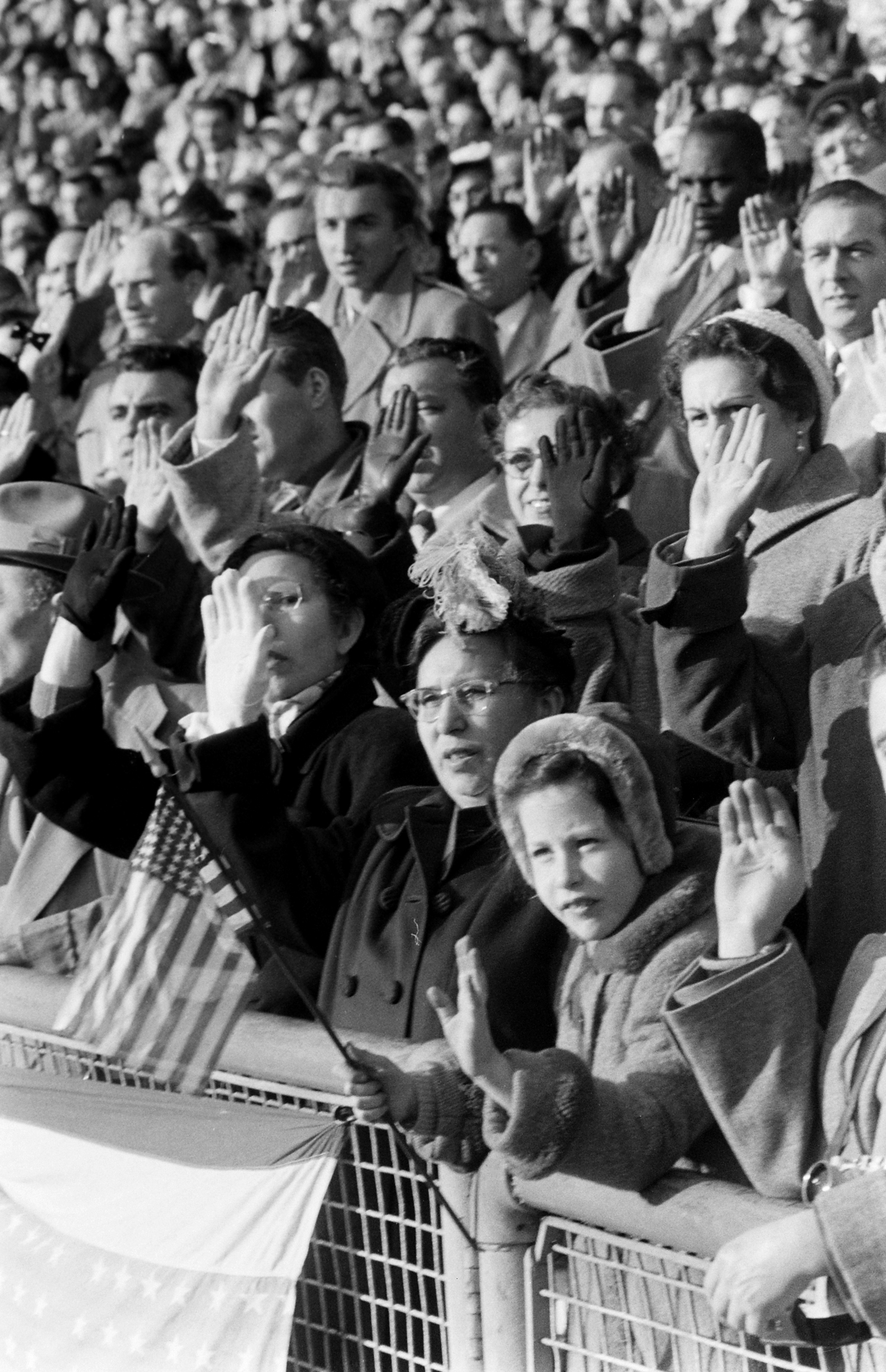
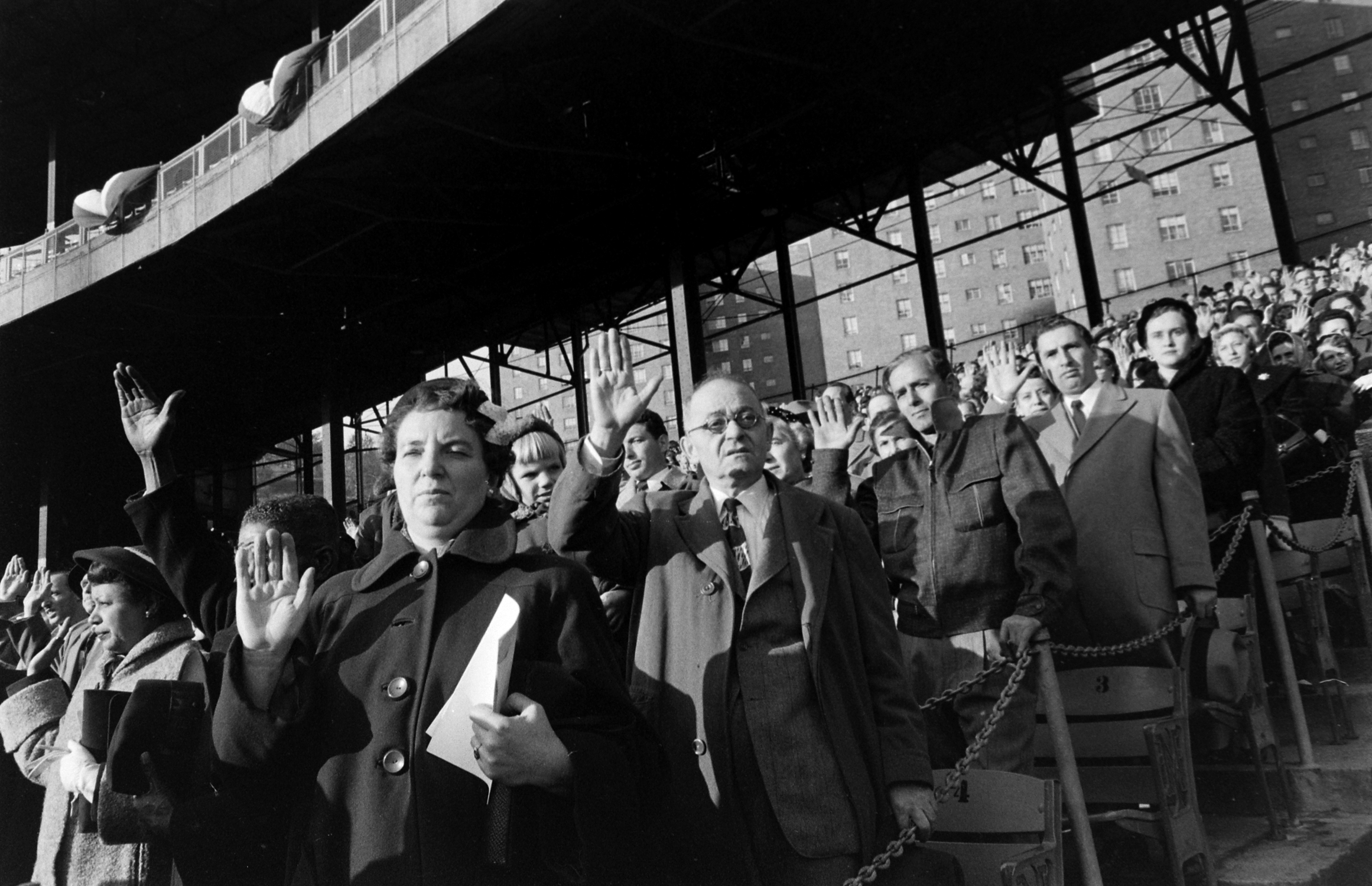
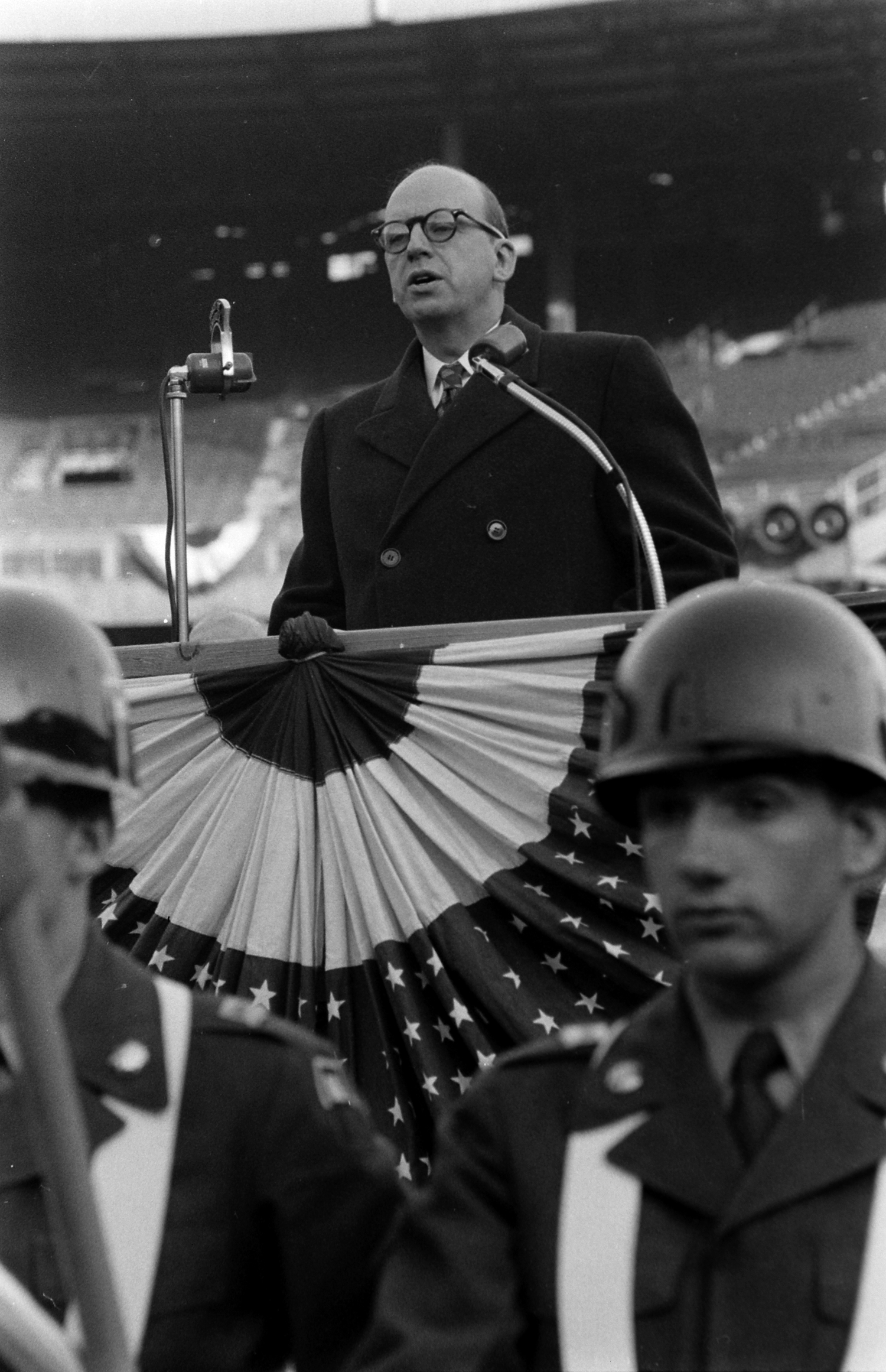
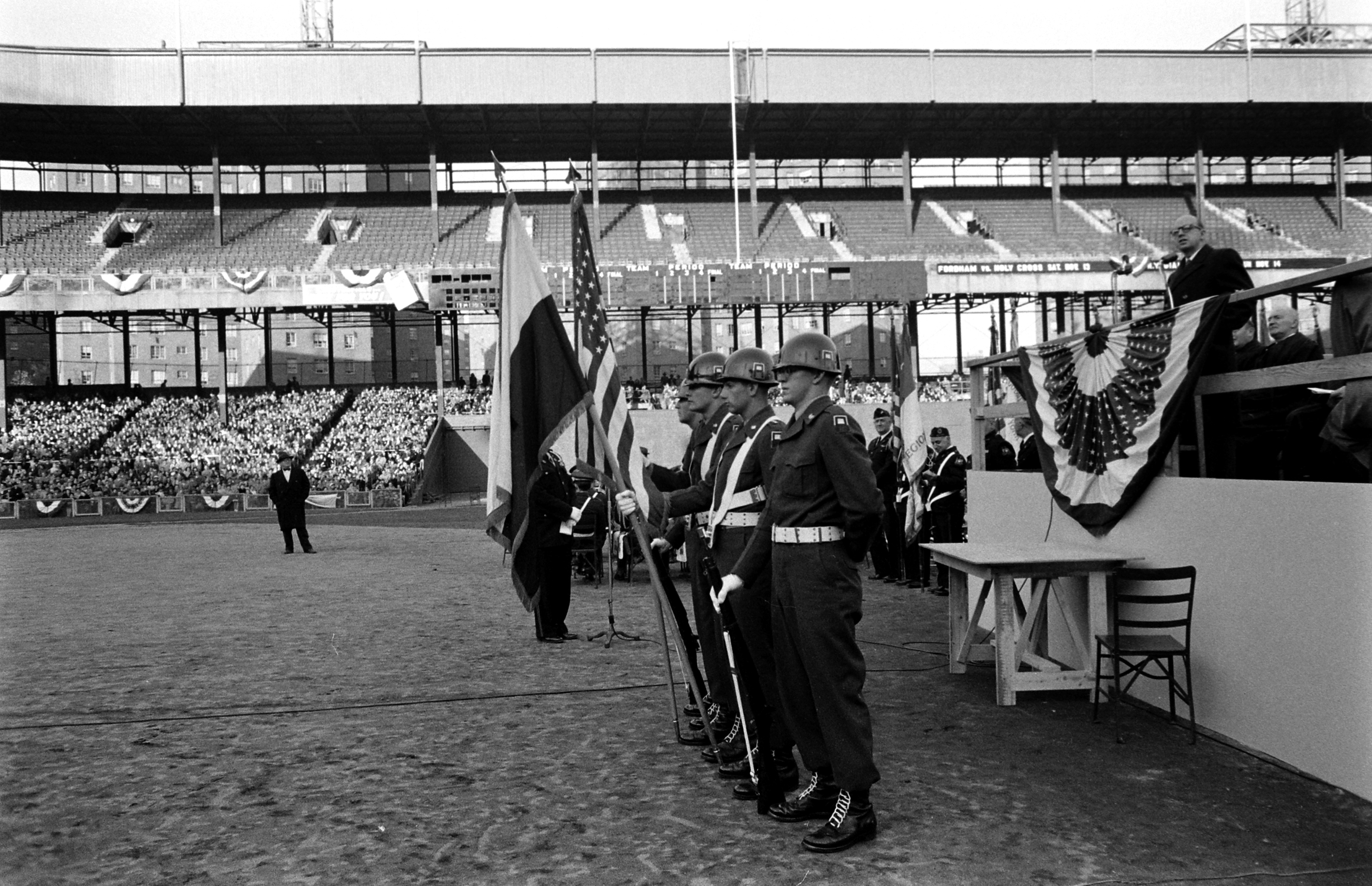
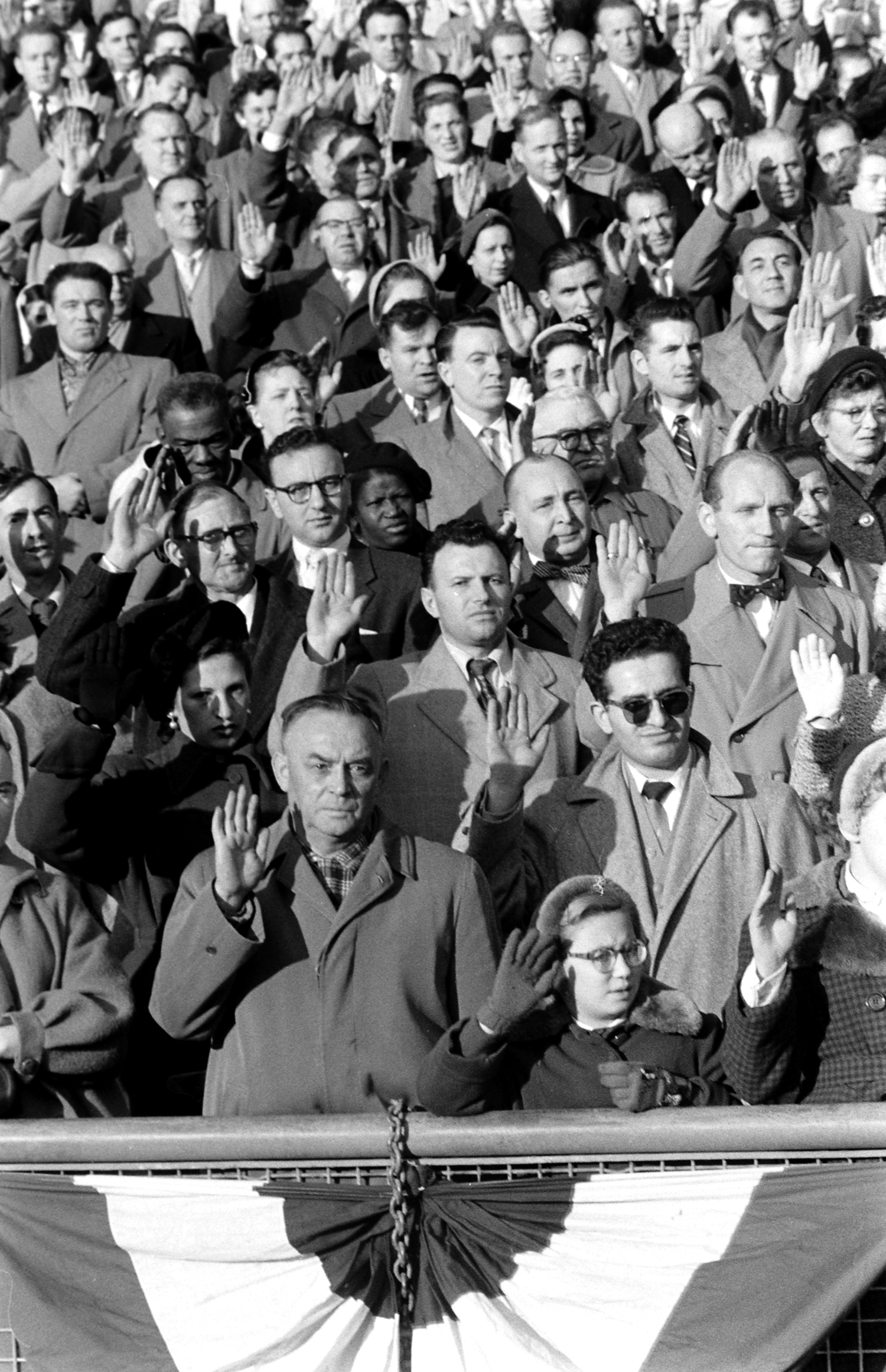
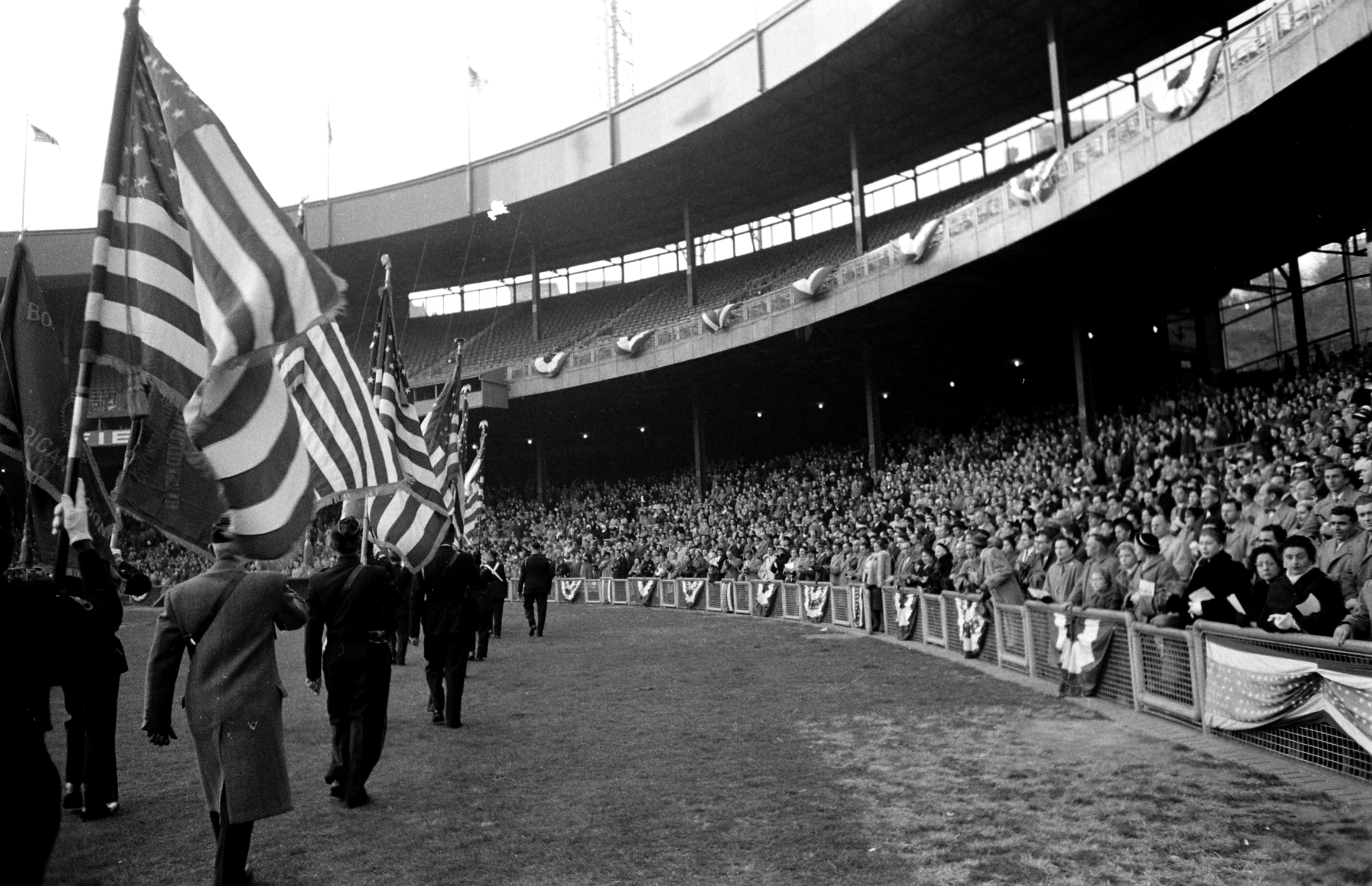
More Must-Reads from TIME
- How Donald Trump Won
- The Best Inventions of 2024
- Why Sleep Is the Key to Living Longer
- How to Break 8 Toxic Communication Habits
- Nicola Coughlan Bet on Herself—And Won
- What It’s Like to Have Long COVID As a Kid
- 22 Essential Works of Indigenous Cinema
- Meet TIME's Newest Class of Next Generation Leaders
Write to Olivia B. Waxman at olivia.waxman@time.com